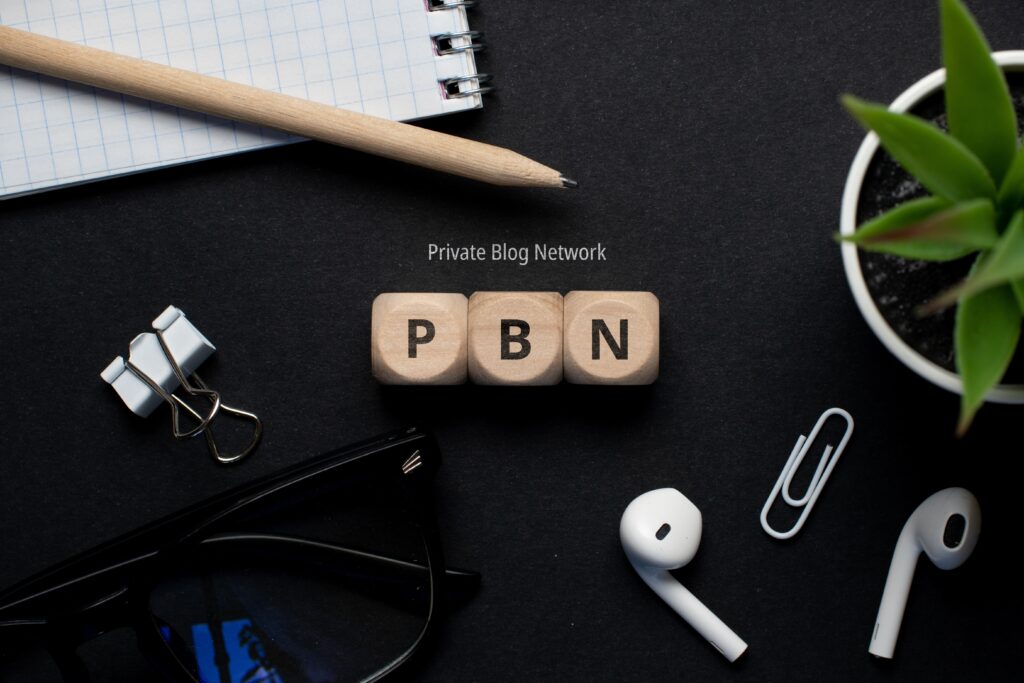Link Velocity Explained: 5 Tactics to Build Links Faster

Master the art of building links faster with these 5 proven tactics! Discover the secrets of link velocity and boost your site’s rankings.
What is a PBN? Private Blog Networks Explained

Maintaining a high-ranking website is a tall task, even for SEO pros. PBNs are powerful tools to help build rank, but come with added risk.
The 5 Best Platforms for Citation Building

Do you want to boost your local search visibility? Check out our list of the top citation-building platforms to help you get started.
